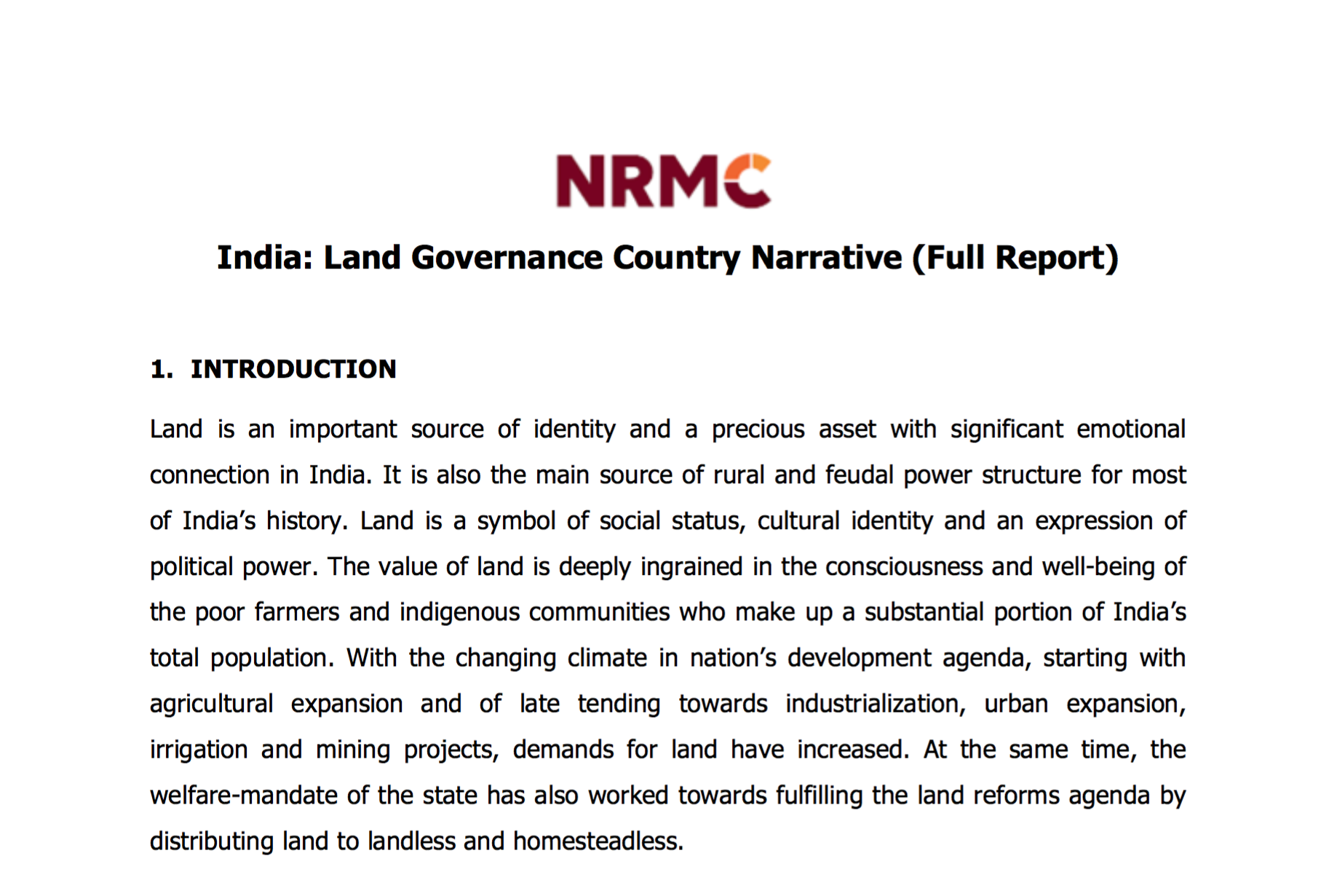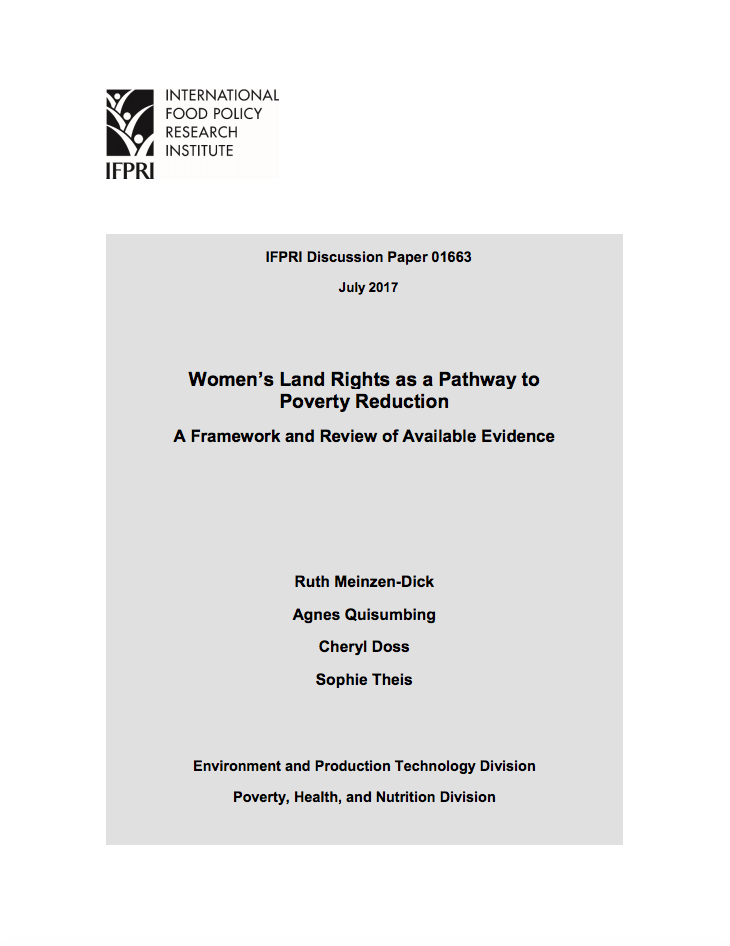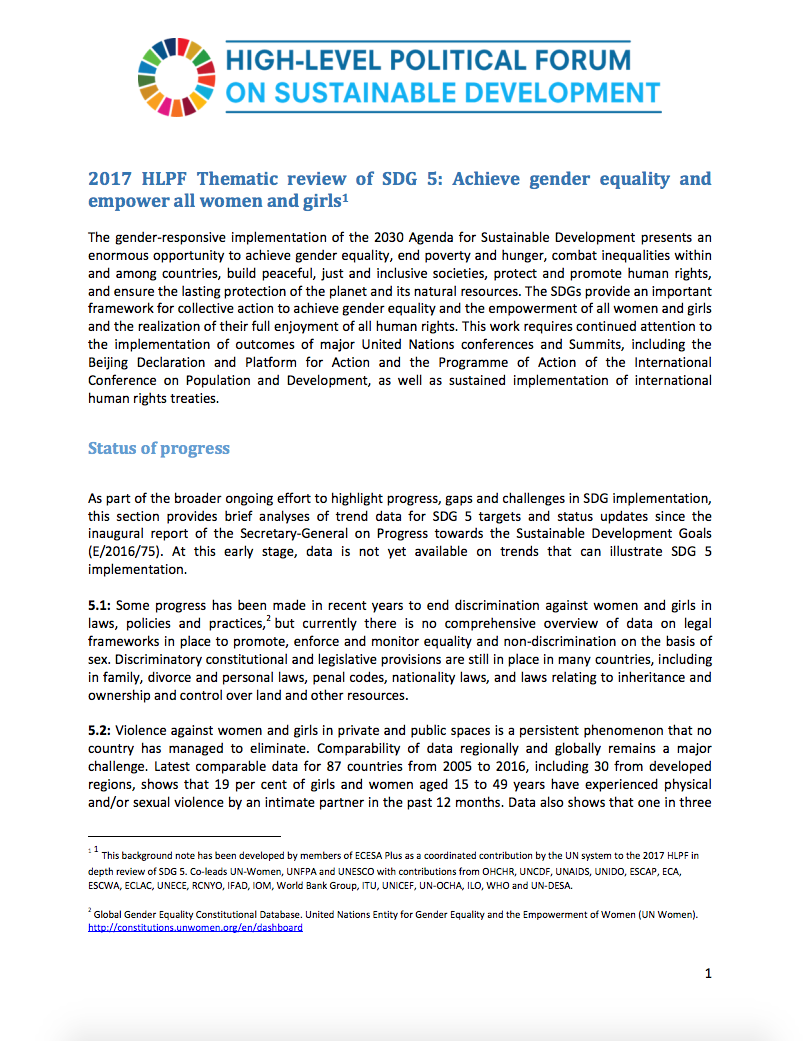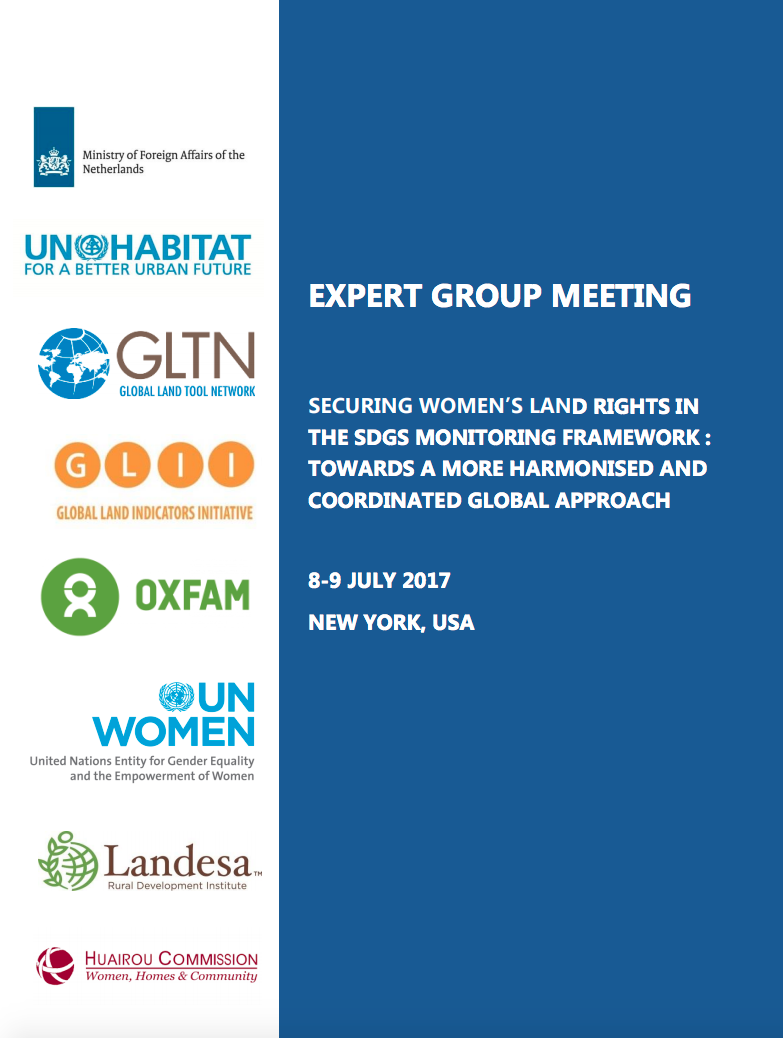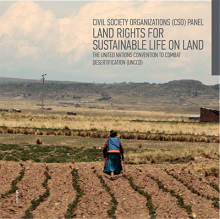Gender and Politics in Africa: an interview with Marjorie Mbilinyi
ROAPE’s Janet Bujra questions Marjorie Mbilinyi about her fifty years of campaigning against patriarchal oppression on many fronts in Tanzania. Mbilinyi traces the legitimisation of feminism as a means to understand and a way to organise for and with women. This is not a feminism lifted from Europe or the US, but one generated in response to Tanzanian and African realities.





